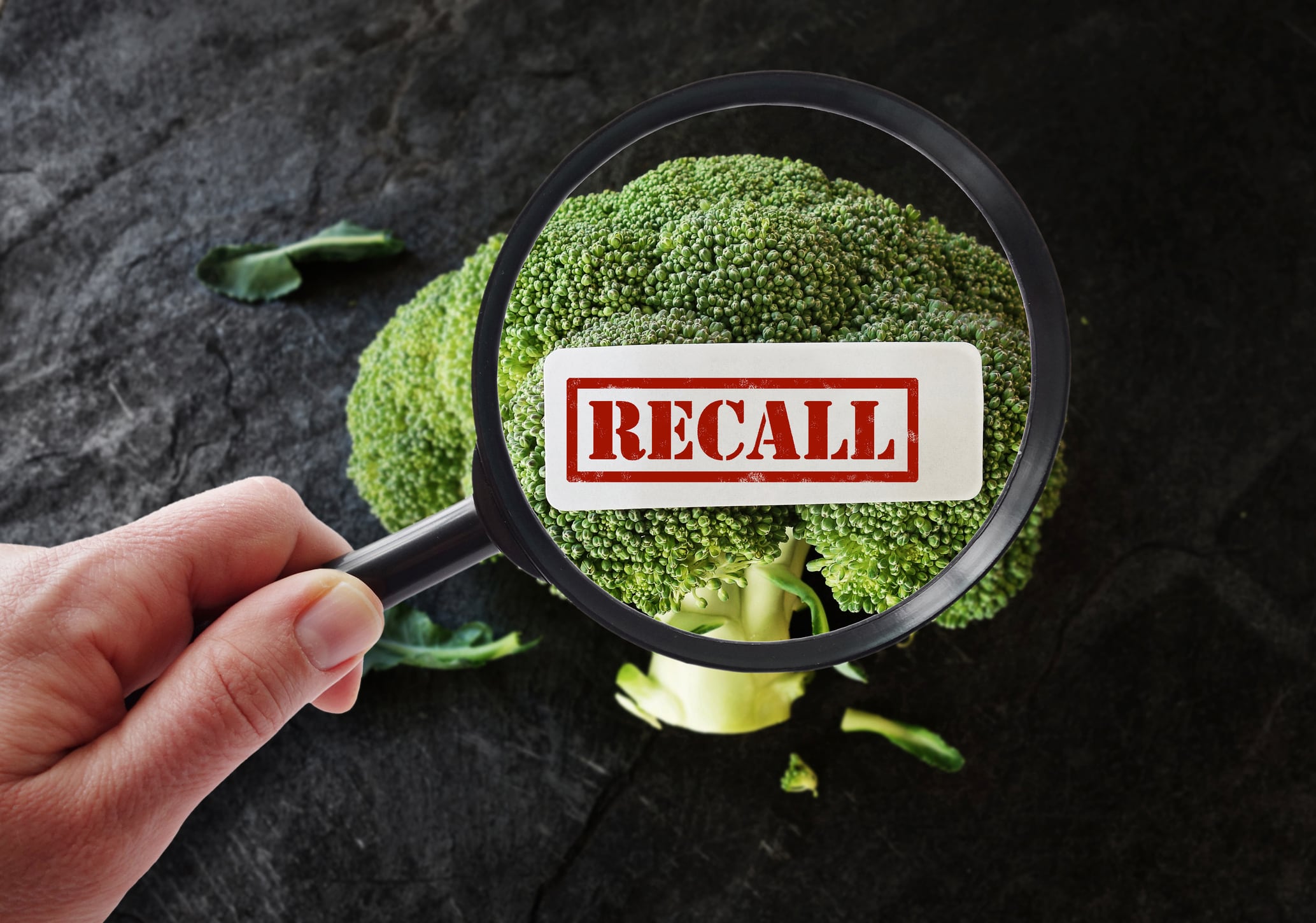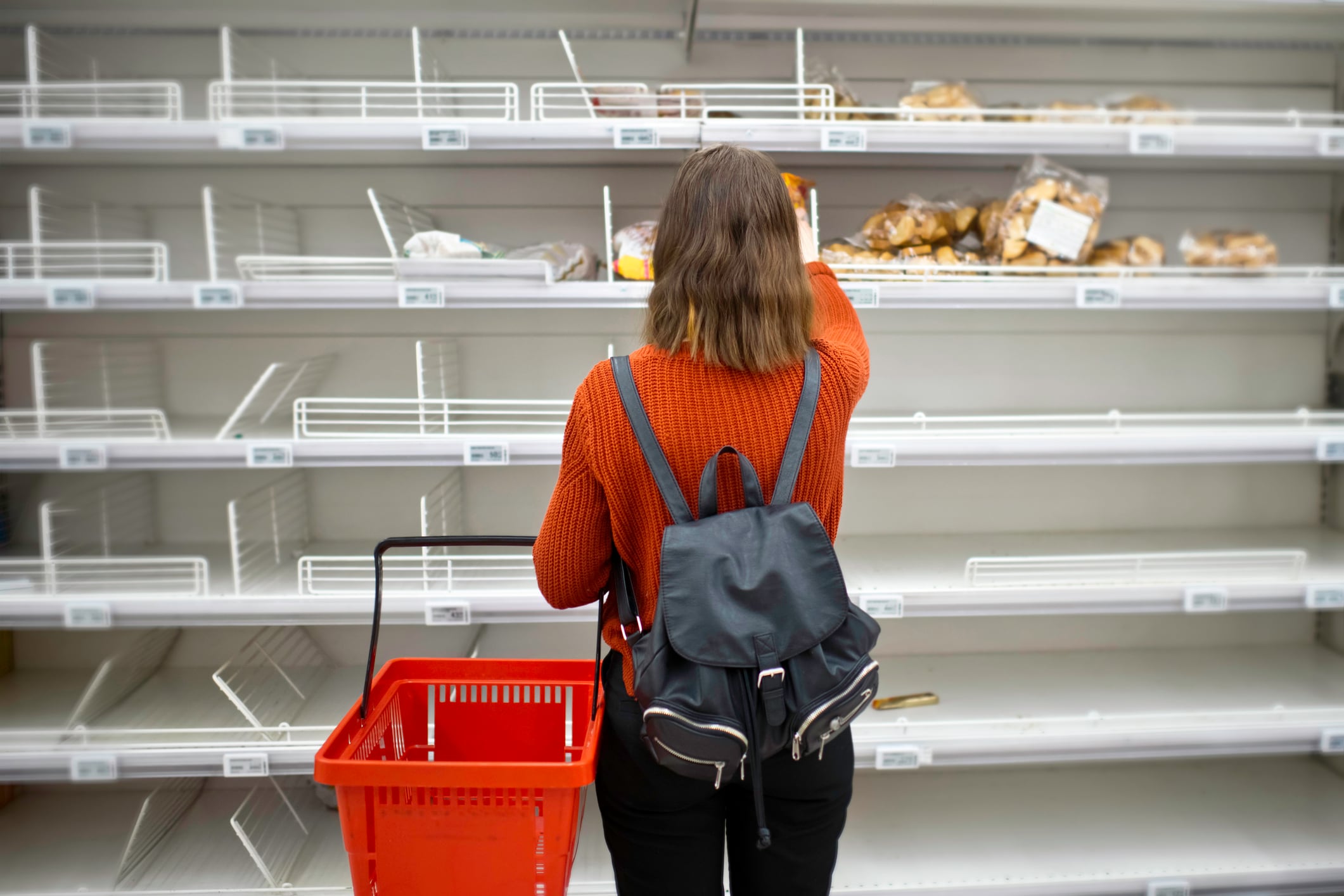Last week in New York City, Climate Week brought together leaders across research, industry and advocacy to confront one of the most pressing issues in food and sustainability: waste.
Danielle Nierenberg, president and co-founder of non-profit think tank Food Tank, set the stage, emphasizing the need for both awareness and policy-driven action. Food Tank convenes diverse stakeholders, fostering dialogue in a nonpartisan space, according to Nierenberg.
“Food loss and food waste is an area where municipalities, cities, towns, villages all over the world are taking leadership into their own hands…there’s a lot of action happening,” she said.
Behavioral science and consumer levers
How do consumer habits and social norms influence food waste? Moderated by Somini Sengupta, climate editor at The New York Times, this question was answered by panelists featuring Caleb McClennen, president, Rare, Inc., Roni Neff, professor, Johns Hopkins Bloomberg School of Public Health, Jilly Stephens, CEO, City Harvest and Stacy Blondin, behavioral science associate, World Resources Institute.
Sengupta emphasized that while consumers are often held accountable for waste, they are only one piece of a much larger system of actors shaping food choices.
“What really occurs to me when I go and buy food at the supermarket is that what we eat, what we don’t eat, how we eat, what we throw away, how we shop…there are a lot of actors shaping those choices. It’s not just on us. Food waste is part of that bigger picture,” she said.
McClennen highlighted the disconnect between what people believe and how they act. While most Americans support reducing food waste in principle, behavior often lags behind intention.
“About 90% of Americans think we should be reducing food waste. We think only 60% of Americans are like us, and how do we behave? We behave like those 60,” he explained.
Panelists outlined several strategies that can help bridge that gap.
Neff focused on standardized date labeling, explaining that current labels often confuse consumers, who rely on “use by” or “best by” dates rather than their senses to judge food quality. A consistent national policy, she said, could save an estimated 3 billion pounds of food annually.
“A standardized food date label policy will help us to better educate consumers on what to do with those foods and how to make those decisions. ReFED has estimated that we could save about 3 billion pounds of food per year,” she explained.
Stephens discussed City Harvest’s community-specific food rescue programs, which capture surplus produce and redistribute it to local pantries. She emphasized tailoring distribution to local tastes to prevent waste after donation.
“This year, we will rescue and deliver over 86 million pounds of food, 70% of it is going to be fresh fruits and vegetables,” where “we really look community by community to understand what’s culturally desirable, because we want to prevent any of the food that we’ve rescued from going to waste in the home,” she explained.
Blondin highlighted consumer-facing interventions, including leftover reuse, fridge labeling, meal-planning tools and apps that facilitate food sharing. She stressed the importance of creating a culture of sharing and mindful consumption.
“Simple solutions like color coding your refrigerator shelves from green to red in order of kind of need to eat … we really need to cultivate an underlying culture of sharing and really getting the most out of the food we are already preparing,” Blondin said.
Sengupta concluded by reminding the audience that while consumers carry visible responsibility, the most effective change comes from distributing accountability across policy, technology and community programs, ensuring the entire food system works together to reduce waste.
Private sector innovation and policy solutions
Addressing global food waste is critical to developing climate solutions, noted panelists Luiz Beling, CEO, Apeel Sciences and Jamil Ahmad, director of New York’s UN Environment Program (UNEP).
Beling pointed out that over $1 trillion worth of food is discarded annually, contributing not only to greenhouse gas emissions but also to a moral crisis, with 700 million people experiencing hunger worldwide.
Beling described Apeel’s plant-based coatings, which extend the shelf life of fruits and vegetables by days or even weeks, giving the supply chain crucial time to reduce spoilage.
Collaboration between the private and public sectors and integrating agriculture more fully into climate policy, particularly in the lead-up to COP 30 in Brazil in November, will ensure comprehensive, actionable strategies, Ahmad emphasized.
Both panelists stressed the need for systemic behavior change. As Ahmad put it, society must confront its wasteful habits and adopt approaches that prioritize efficiency and equity.
“We are becoming a wasteful society…we have to see how we can change our behavior by doing more with less, and by trying to think of those who don’t have anything,” he urged.



